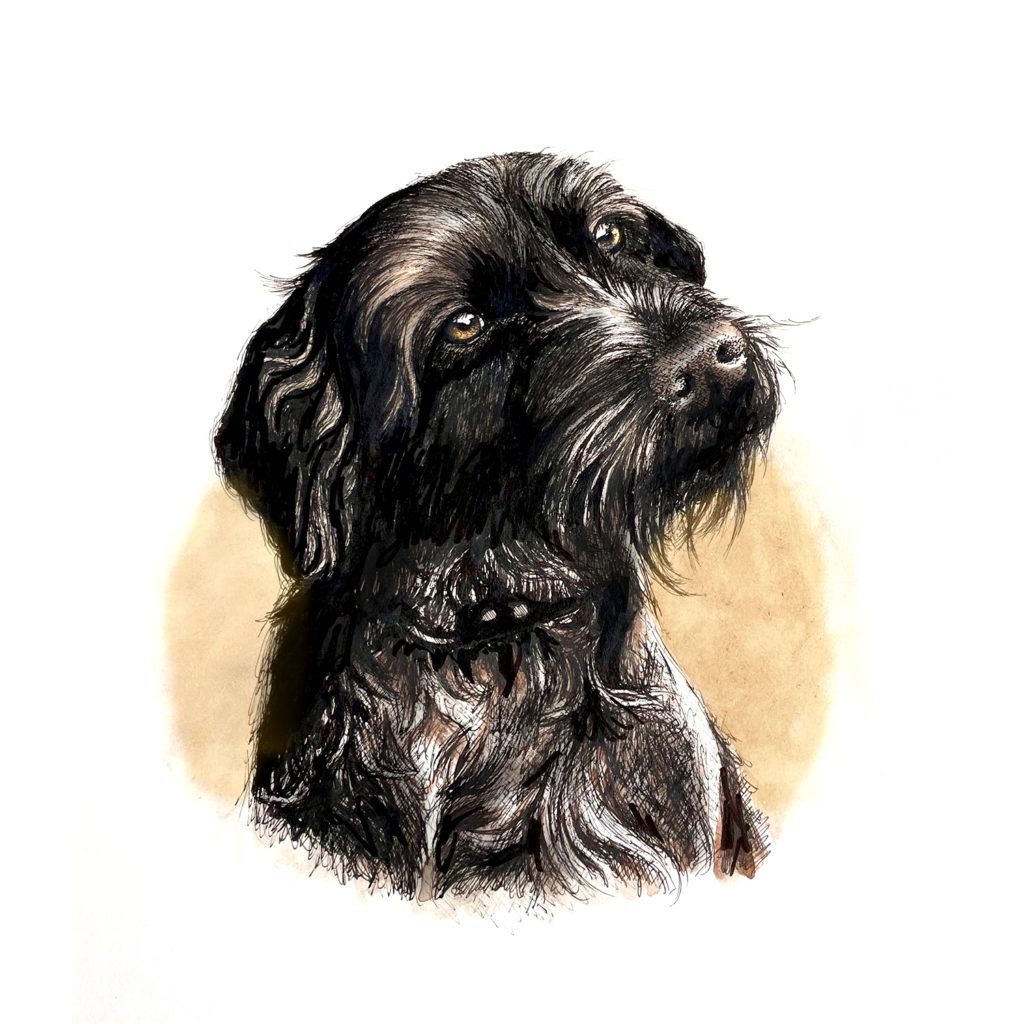W
hat is with the human fascination with terrain? All this talk of mountaintop experiences and “going to the mountaintop,” as if the air there is rarified and perspectives altered. I’ll grant you the latter of those. When you climb to the top of a mountain, you can see a long way, and maybe your visual perspective literally changes, but I don’t think that’s what you guys mean when you talk about mountaintop experiences. It seems more revelatory or spiritual, and it’s fueled by stories of influential people returning from the mountaintop with divine directives or commandments. As a dog, I’m left to wonder why the same commandments couldn’t have been offered at a roadside stand or through a billboard, which seems very popular these days. Did your ancestors believe that climbing a mountain brought them closer to the divine? If so, I’m not knocking it. It seems like a fairly practical explanation for a time when humans couldn’t really explain much. Maybe that’s why I like it. Dogs don’t have the capacity for critical thought, present company excluded, obviously.
This seems like a relevant line of inquiry because the old man recently moved his recliner—along with the rest of his worldly possessions—to a small cabin in the mountains. He was gracious enough to take me with him, and he placed my bed right by a sliding glass door that offers a spectacular floor-to-ceiling view of the mountains. Most mornings, the old man will make a cup of tea and sit on the small deck beyond the glass door and peer thoughtfully into the hillside. At first, I thought he was going back to sleep, but his head kept moving, so I’ve allowed that thinking to evolve. The interesting part is that he didn’t do this where we lived before, even though we had a patio that served the same purpose. This has me wondering if there is something special about the mountains.
To be clear, I also love the mountains. The woods are full of squirrels and birds and all manner of things to chase, and the bears leave little loaves to roll in, making my personal scent more potent and making the old man swear like a sailor. A bath usually follows, defeating the purpose, and then I have to walk on a leash for a while until he forgets or grows tired of me dragging him along. I think he believes in his heart that I’ve learned my lesson, but who can resist a fresh bear loaf.
We walk the trails when time and weather allow, and my frenetic pace seems oddly correlated with something I would describe as inner peace in the old man. I have found the same to be true when we are hunting. A calm seems to descend upon him that might be a cousin to happiness. Some dogs are trained to sense drops in blood sugar or other maladies in humans, but my gift is more philosophical. Sure, I get more scratches behind the ears and discernibly more praise when we are on these trail walks, but I get the sense that that he is more present in the absence. The absence of cell signals and emails. The absence of horns and leaf blowers. The absence of questions, problems, and expectations. He seems happy to walk the path, a ribbon of trodden earth that wends through trees and through babbling streams like a gentle maze, prompting reflection without demanding thought, like being simultaneously lost and found.
I’ve tried to find the canine analog, and the closest I can come is the sense of purpose that fuels working dogs, whatever work they do. I’m a bird dog, so I follow a scent, and that activity whips me into a physiological frenzy, since that’s what I’m wired to do. At the same time, though, while I’m at the edge of my very existence, locked up tight and nose to beak, there is a calm that descends, a confidence cloaked in purpose that allows the rest of the world to evaporate. And in that moment, I realize how genuinely small I really am in the grand scheme of things.
Maybe that’s the perspective of the mountaintop: Everything looks so small from up there. I’m a big fan of Shakespeare—the poet, not the fishing rod, though those are nice, too—who once said something along the lines of the whole world being a stage, and we are just small players on that stage. We play our roles and then the curtain comes down to set the stage for the next generation. To proceed actively in the comfort of that knowledge is our task, to make the most of it and leave it better than we found it. And to roll in bear poop.
—Frank


























